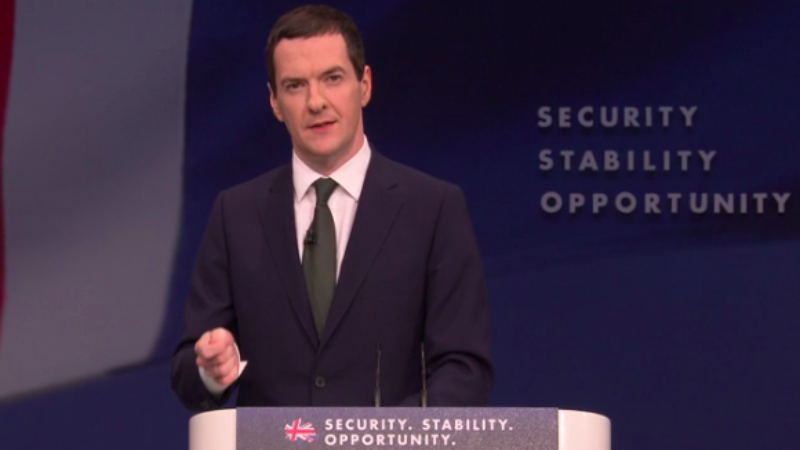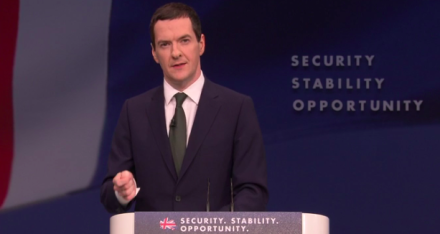

Between 1999 and 2005 I conducted several substantive pieces of work on the structure and design of tax credits.
Aside from stopping a double payment of free nursery hours between two departments and saving a few million, I trundled around the country with a wheelie bag, interviewing parents and childcare providers, conducted focus groups for local authorities, held day events, wrote various reports – and reported back to Somerset House, the Department for Education and the Treasury with my findings. The model was reviewed and tweaked several times – usually my recommendations were taken up, but not always.
The final changes I recommended ensured that housing benefit tapered in such a way that the families in receipt of them didn’t lose more than they gained in tax credits.
The key thing that emerged: tax credits were enabling single parents to obtain and keep work, whether full or part time and, after some changes in ‘04, ensured that low income, two parent families living in expensive areas could also make ends meet.
They have been a key factor in tackling child poverty.
Since then, private rents have escalated and social housing is in freefall. Zero hours contracts are de rigeur and almost 20% of jobs fall below the living wage. Times are much, much tougher and tax credits have never been needed more than now. For the record, I was very, very, angry with Harriet Harman for failing to stand up against the Welfare Reform Bill in the second reading. I always will be.
The tears of anger and betrayal from a hardworking Tory voting mum are the evidence that this is a policy which has lifted and secured the lives of millions since Gordon introduced them. We also know that Cameron lied through his teeth when he committed to protecting them. A similar scenario to the NHS I might add – but that’s been rather well documented!
Where applicable, a portion of tax credits is an allocation to childcare. Early on in the process I recommended that this money go straight to the childcare providers to protect parents from having to engage in complex accounting and financial projections. At the time, Dawn Primarolo said that she “wanted the parents to feel the money in their hands”.
Now it seems they are definitely going to feel the money being snatched from their hands, their purses and their children’s mouths. The welfare bill will, of course, increase as a result.
Yes, I know, it would be far better if everyone was paid a wage such that they were rendered unnecessary.
However – consider this: it’s a sad fact that childcare providers will struggle to make ends meet when all staff, including those in training, have to be paid the Living Wage. Even sadder is the fact that this exacting work is paid at a far better rate in other countries in the same economic banding as the UK. This is a conundrum which has never been properly tackled in this country – care workers are another case in point.
Meanwhile, parents who lose their tax credits will potentially have to give up working because their remaining income means that there will be a straight choice between paying their rent/food/childcare costs. Childcare providers will potentially find their only way to survive will be to put up their fees – which will make them out of reach for a further proportion of families.
Meanwhile Iain Duncan Smith is doing all he can to make out of work life into a living hell.
To make sense of where affordable quality childcare fitted into the economy, sitting in my car in the Yorkshire Dales, with 15mins to spare as I was waiting to conduct some interviews, I devised the Socio Economic Childcare Circle.
This is the recipe:
Invest in parents who are struggling to stay in/find work and at the same time improve national economic growth.
Stage 1
Invest in childcare – make it affordable in various ways.
This creates local childcare training and work opportunities and allows the parents to keep their jobs/obtain training and work; this improves the micro economy and also relieves dysfunction in families and communities, which costs less by reducing family and community break down through prevention of mental health and behavioural/offending issues (these outcomes are now well evidenced).
Stage 2.
Increased family economic stability and local productivity feeds into the macro economy, through greater economic success and increased tax revenue which can be re-invested in quality public services.
Osborne is now creating a vicious circle of reversal.
This case of course proves beyond a shadow of doubt that his Fiscal Charter is not about tackling the deficit, but is of course because the Chancellor is fundamentally opposed to taxation and public expenditure.
Labour needs to hammer this home. Not only will the poor become poorer a la Coalition strategy, but the lower earning sector of middle earners are now about to receive the same treatment – to the detriment of the national economy.
So the question now is – what will George do?




More from LabourList
Letters to the Editor – week ending 15th February 2026
‘Labour council candidates – it’s tough, but all is not lost’
‘Labour won’t stop the far right by changing leaders — only by proving what the left can deliver’